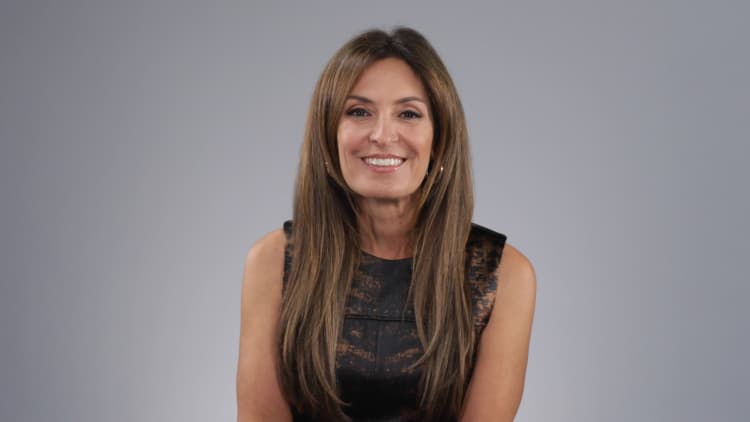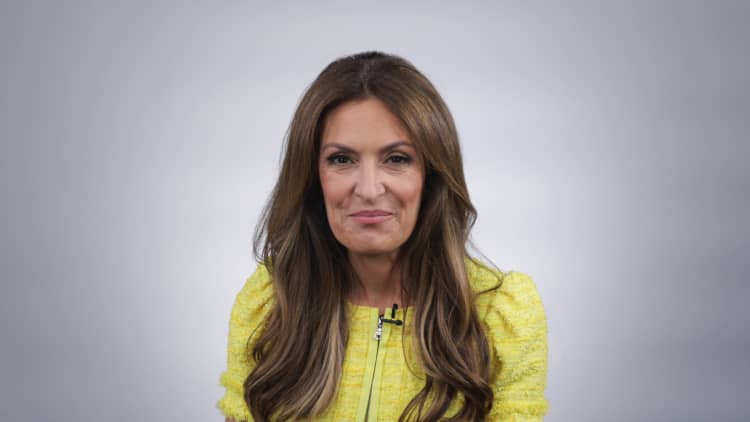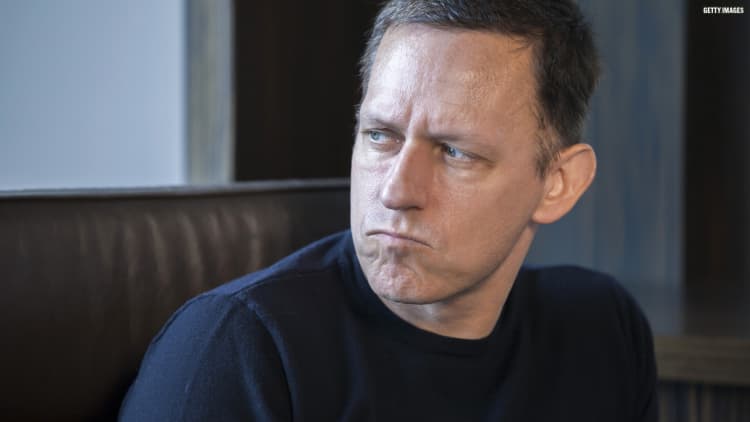When it comes to impressing a potential employer, it may seem like a no-brainer to focus on your strengths. But actually, addressing your difficulties can pay off better than you think.
Job search site Glassdoor says that candidates should be prepared to answer the question, "What was your biggest failure?" to help employers get a better sense of how they will contribute to their company.
"Interviewers aren't trying to pinpoint your weaknesses, they just want to get a realistic picture of you as a candidate," Zachary Painter from ResumeGenius.com tells Glassdoor as part of the site's 50 Most Common Interview Questions series. "More importantly, they want to see if you learn from your failures."

When answering this question, career coach Aurora Meneghello of Repurpose Your Purpose says that it's best to "choose something you learned and bounced back from."
"Share something authentic and express how you felt, the impact it had on you or the project, how you got up again and what you learned or did differently the next time around," she tells Glassdoor.
For example, are you a better communicator now because of a lesson you learned when you failed to communicate with a colleague about a past project? Are you more vocal in the workplace because of a time when you failed to speak up about an idea you knew would help improve company culture? Examples such as these can show a future employer how your failures actually helped you to become a better employee.

While it's not easy discussing personal setbacks, facing failure has helped Bill Gates, Steve Jobs and many other business leaders ultimately achieve enormous success.
In Gates' personal life, he used the lessons from a failed computerized machine company he launched at age 17 to eventually help him found Microsoft.
Gates reportedly once said: "It's fine to celebrate success, but it is important to heed the lessons of failure."
Like this story? Like CNBC Make It on Facebook.
Don't miss:
How to answer the interview question, 'What is the name of our CEO?'
How to answer the interview question, 'Tell me about a time when you disagreed with your boss'
How to answer the interview question, 'How would you fire someone?'



